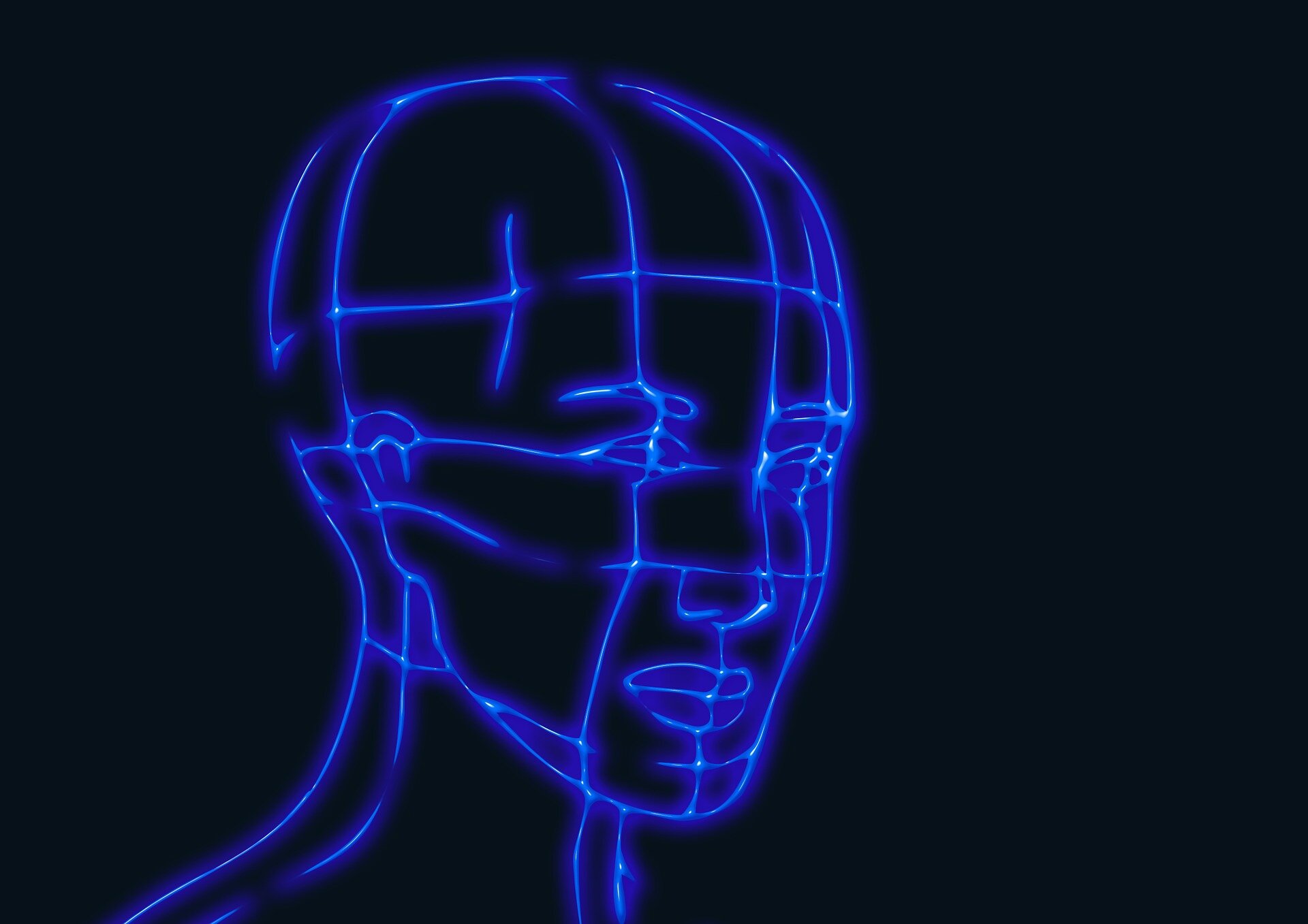Study could help characterize the ability to resist everyday distractions


The world is full of distractions, like intrusive memories, worries about the future and reminders of things to do.
Sustained attention, the ability to maintain focus on a specific stimulus or task for an extended period without significant lapses in concentration, is a foundational cognitive process that underlies many other cognitive functions, impacts daily functioning and is commonly impaired across a diverse population. While upsetting thoughts and experiences can disrupt one’s ability to focus attention while performing everyday tasks, translating this phenomenon to the laboratory has remained elusive.
In a new study, researchers from Boston University Chobanian & Avedisian School of Medicine and VA Boston Healthcare System have shown that when people are sustaining attention, distractions that are upsetting or unpleasant are most likely to disrupt that focus. The researchers hope these findings will assist in treating anxiety and post-traumatic stress disorders.
The study is published in the journal Behavior Research Methods.
“We found that negative distractions disrupted ongoing task performance as well as impacted the participants’ mood by making them feel worse,” explained corresponding author Michael Esterman, Ph.D., principal investigator in the VA’s National Center for PTSD and BU associate professor of psychiatry.
Two groups of approximately 60 participants performed a series of tasks (called the gradCPT) requiring them to sustain their visual attention for about 10 minutes without a break, while photos of distractions would sometimes fade in and out in the background on a video monitor. These visual distractions could be upsetting (a crying baby), neutral (a chair), or positive (a smiling baby).
The researchers found that when the backgrounds were upsetting, participants were both slower and less accurate at the sustained attention task. After the task was completed, participants were tested for their memory of the background distractor, even though they were told to ignore these distractors. They found the upsetting distractors were remembered better than those that were neutral or positive.
“We believe this study will help scientists measure how distractible a person is, what is most distracting to them, and whether those distractions intrude on their memories. We also believe it can open new opportunities to study attention in clinical populations and their neural mechanisms alongside brain imaging, both of which are directions we are currently pursuing.”
More information:
Michael Esterman et al, Characterizing the effects of emotional distraction on sustained attention and subsequent memory: A novel emotional gradual onset continuous performance task, Behavior Research Methods (2025). DOI: 10.3758/s13428-025-02641-2
Citation:
When negative images intrude: Study could help characterize the ability to resist everyday distractions (2025, April 17)
retrieved 17 April 2025
from https://medicalxpress.com/news/2025-04-negative-images-intrude-characterize-ability.html
This document is subject to copyright. Apart from any fair dealing for the purpose of private study or research, no
part may be reproduced without the written permission. The content is provided for information purposes only.
If you liked the article, do not forget to share it with your friends. Follow us on Google News too, click on the star and choose us from your favorites.
If you want to read more Like this articles, you can visit our Science category.


